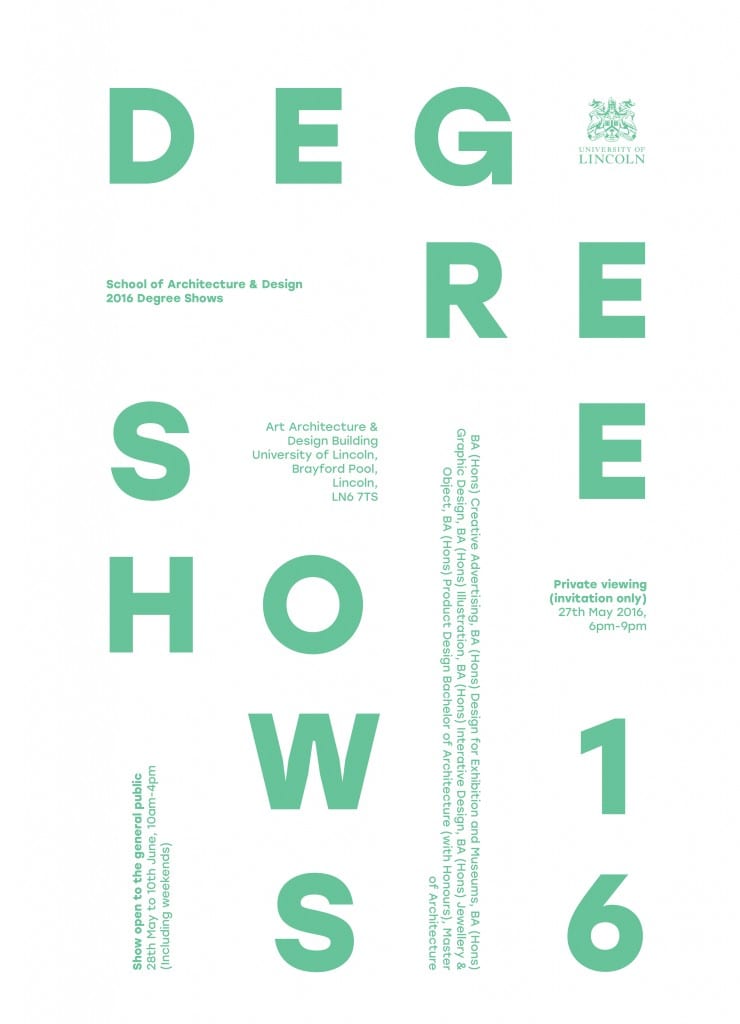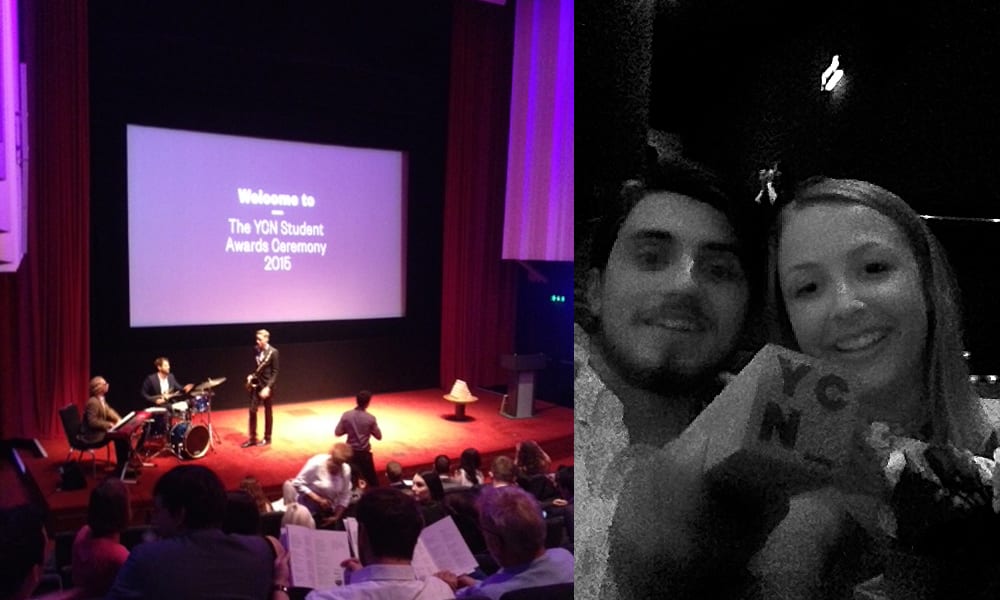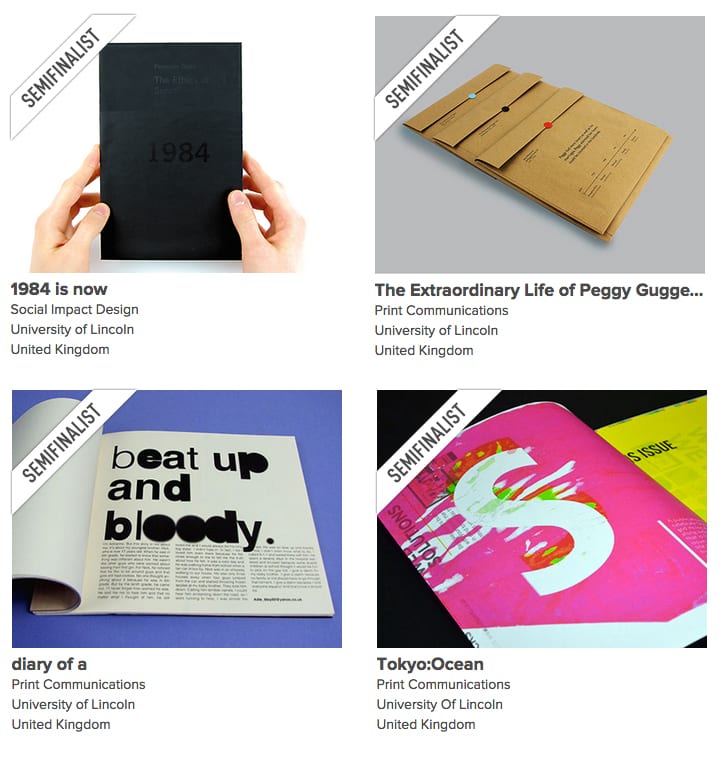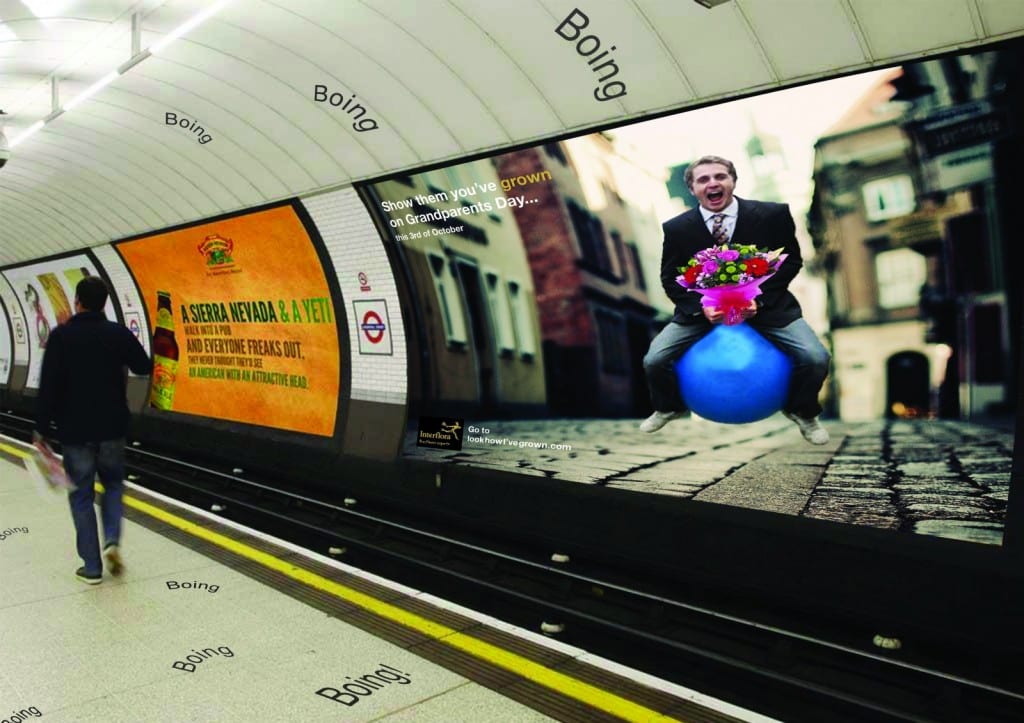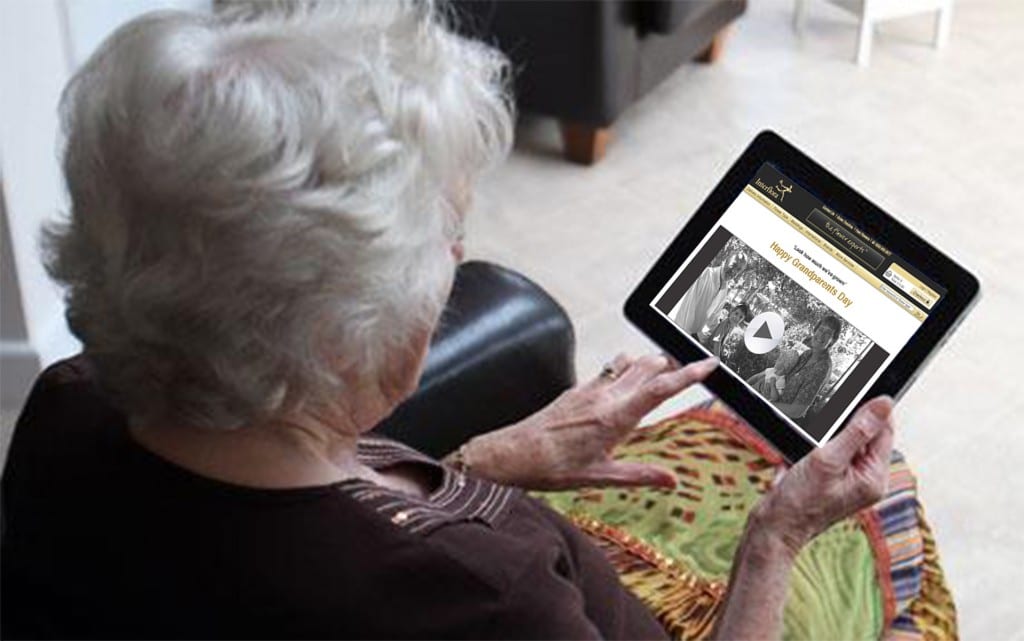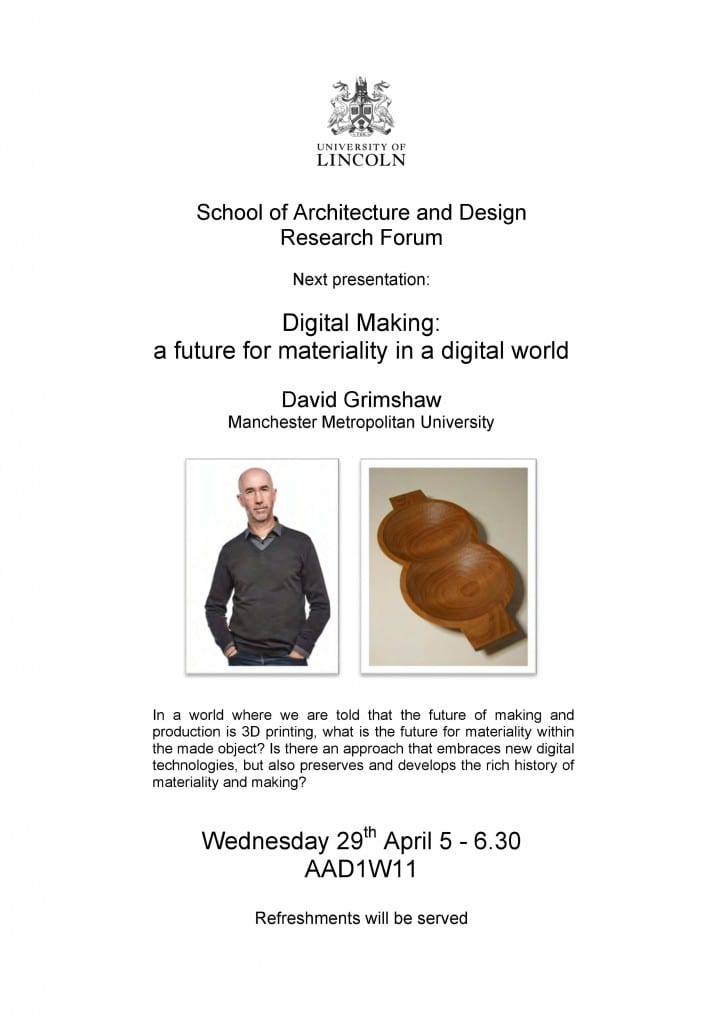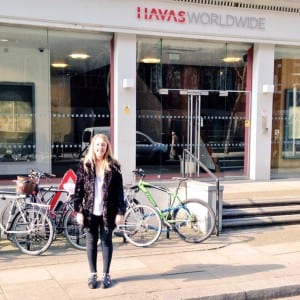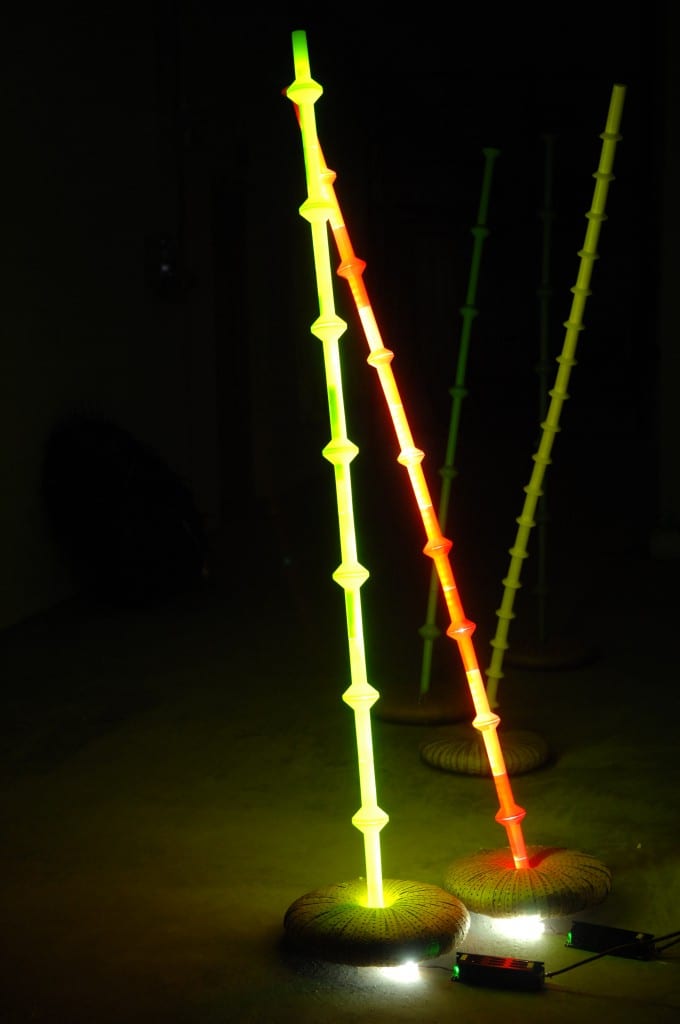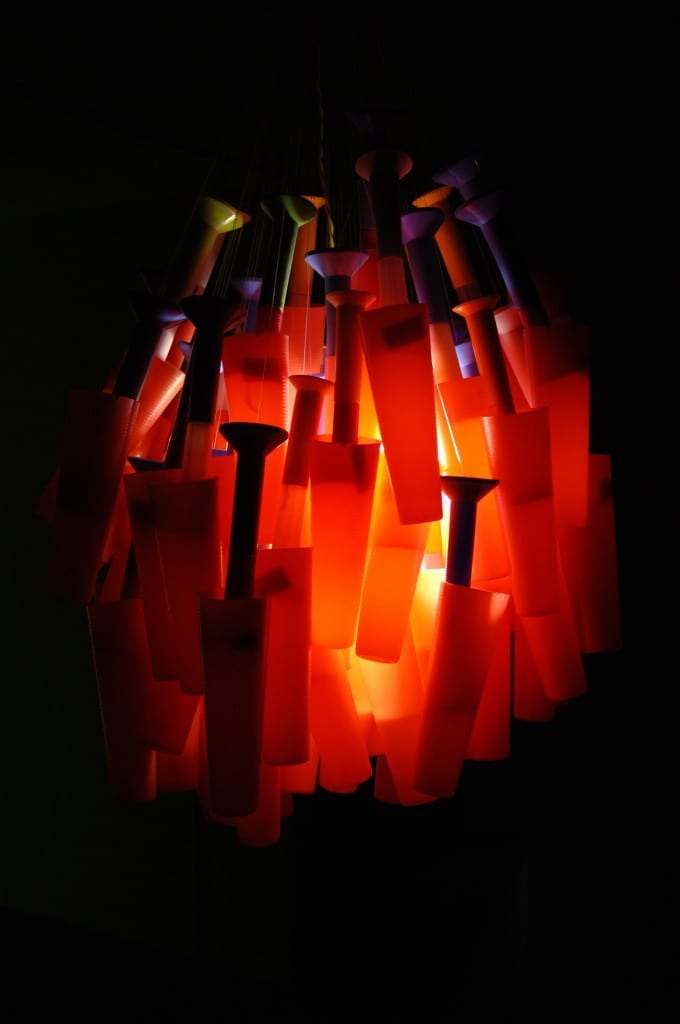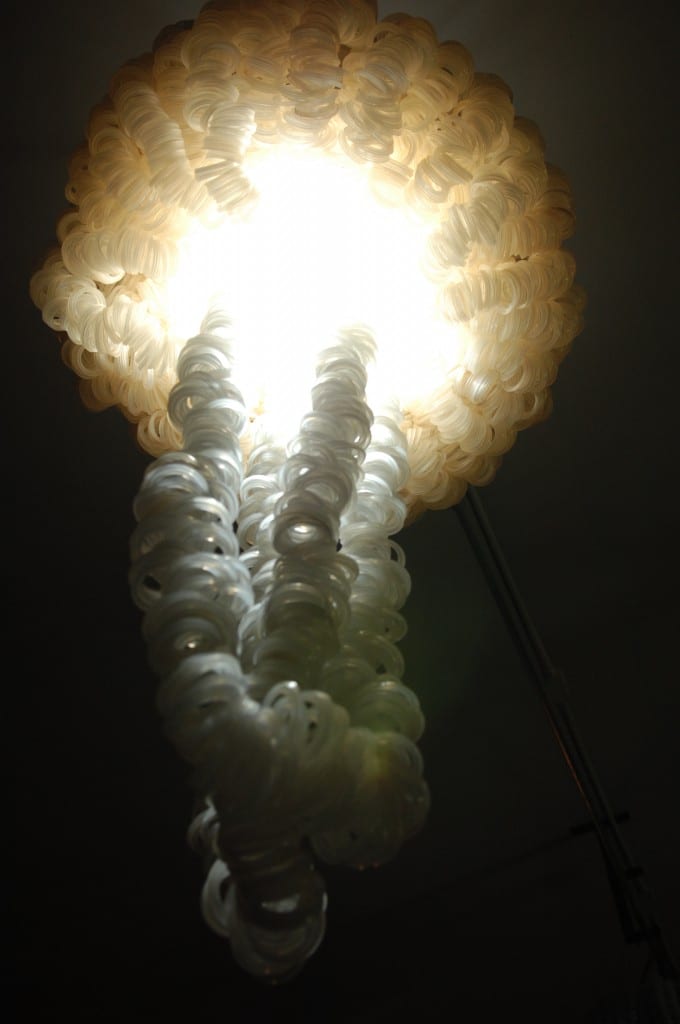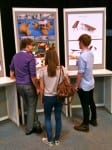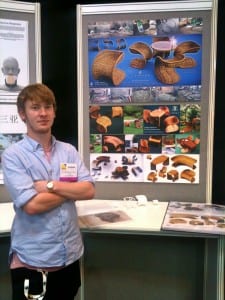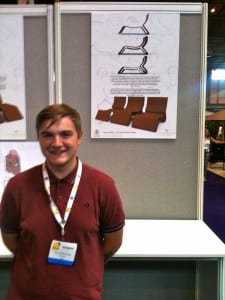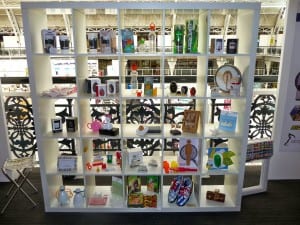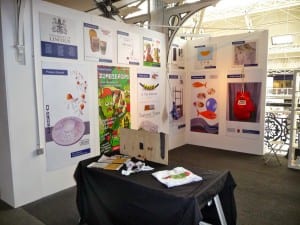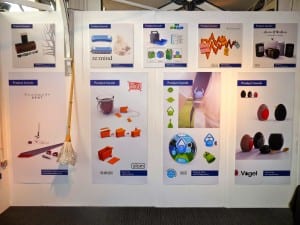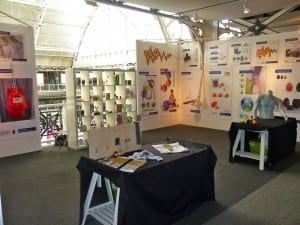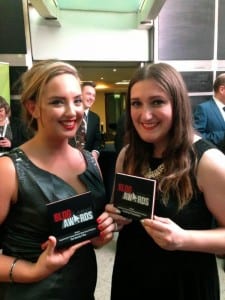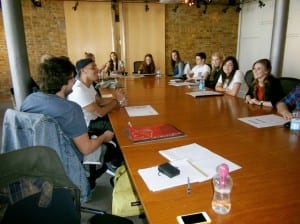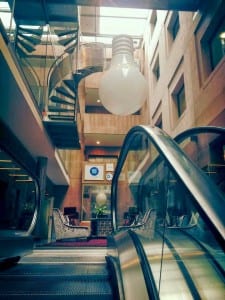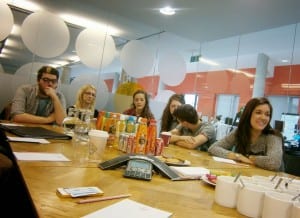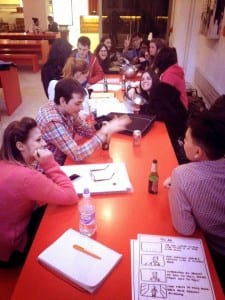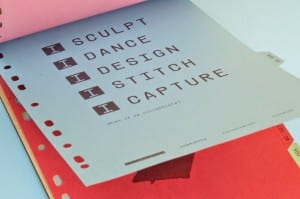

A team of young designers has returned from a major eco-friendly event in China where they produced a collection of innovative new products from waste materials as part of a British Council ‘up-cycling’ initiative.
Up-cycling is a key focus of British Council design work, which encourages the world’s future practitioners to consider the environmental, economic and social benefits of re-using materials, rather than discarding them as waste. The University of Lincoln is one of only two UK universities selected to take part in every one of the British Council’s upcycling activities in China to date.
Students from Lincoln’s MA International Design Enterprise (MAIDE) programme, Lucia Garci Crespo and Lucy Patterson, travelled to Jiangnan University in Wuxi, China, together with Programme Leader David Bramston. The students joined fellow designers from Jiangnan University and Tongji University.
Working in teams, they were tasked with a brief centred on Taihu Lake – the main tourism area of Wuxi and a major visitor destination in China. They were invited to create new products from industry leftovers, which could be used and enjoyed in this tourism hotspot.
The Lincoln team received a number of British Council awards for their work, including ‘Best Use of Materials’, and their creations were also presented across a number of parks as part of China Low Carbon Action Day.
The University of Lincoln designers created a range of easy-to-use fishing sticks for children by converting the waste plastic strapping left over from factory packaging.


David Bramston, Principal Lecturer (Enterprise) in Lincoln’s School of Architecture & Design, explained: “We visited regions of Wuxi to meet local communities and experience the popular Li Lake, and gave our fishing sticks to local children. The very simple construction ensured that they were fast, easy and inexpensive to produce, and rather than using a hook, they simply had a knot at the end of the line to hold a piece of bread. The fishing sticks were very popular and promoted not only the benefits of using waste materials to make new works, but also created a safe new fishing experience. This project really captured the spirit of upcycling and served to prove that new designs do not have to be complicated to be effective.
“The whole visit was extremely valuable for our students. It is important for young designers to be aware of their responsibilities and understand the impact that their decisions to engage with more considered and environmentally friendly practices can have. The collaboration of cultures and experiences is also fundamental to the MAIDE studio ethos.”
The project in China was supported by the Guangzhou Low Carbon Industries Association and the Guangzhou Valuda Group Ltd, and was designed to facilitate collaboration between higher education institutions and industry partners internationally.
The MAIDE team later went on to the Hubei Institute of Fine Art in Wuhan, China, where they were joined by fellow Lincoln students and Assistant Professor Yeli, visiting scholar from the Chinese University of Mining and Technology School of Art & Design in Xuzhou, who has been based at Lincoln since August 2014.
They teamed up with Chinese Industrial Design students to create a number of novel seating solutions, again using only ‘found’ materials. The group worked with street makers – individuals on the streets of Wuhan who are able to stitch, weld and fabricate design proposals – to bring their ideas to life, before exhibiting a collection of more than 25 works at the Institute of Fine Art.

